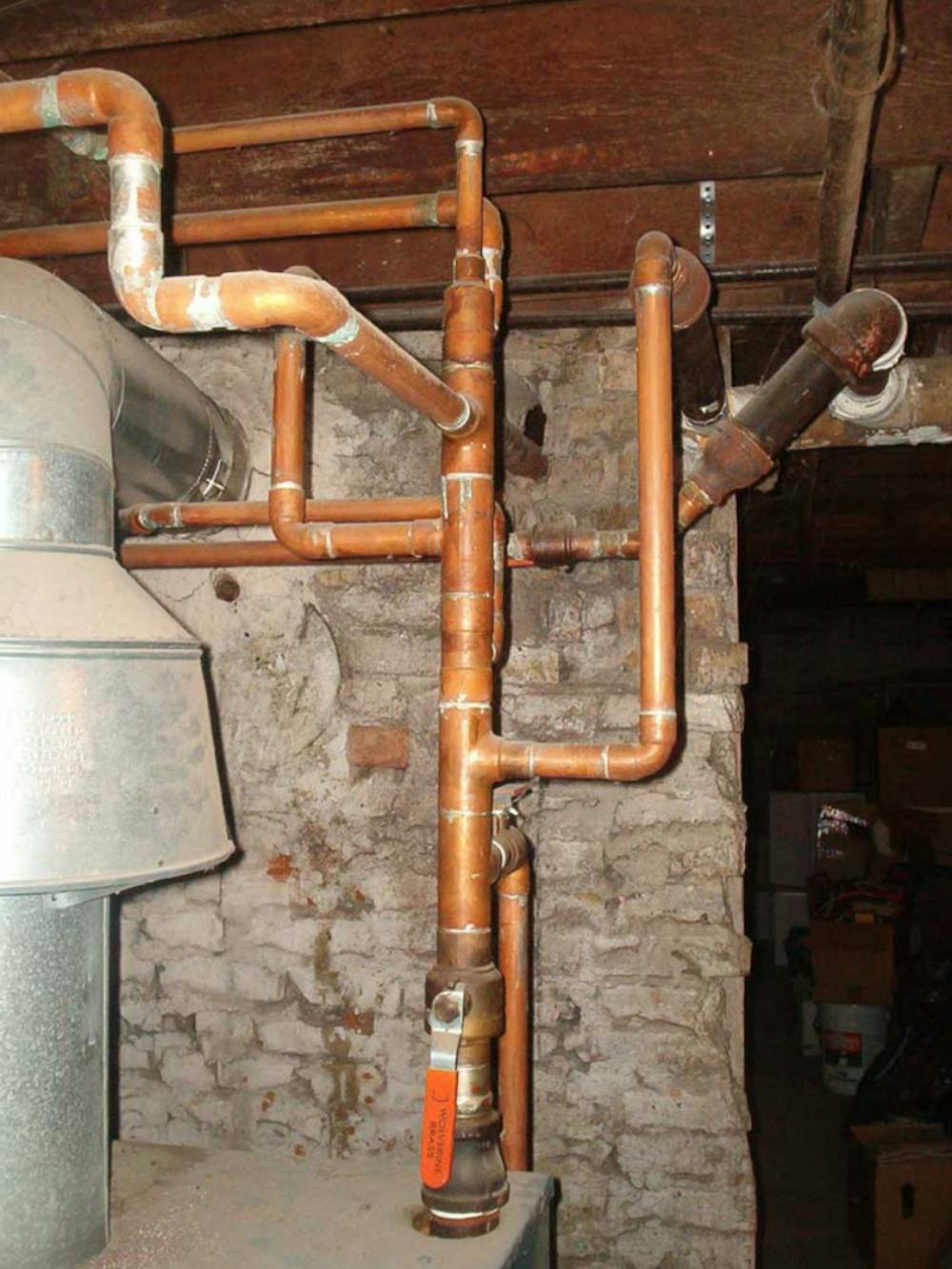On April 5, the Environmental Protection Agency announced plans to provide $5.5 billion in loans to water infrastructure projects under the Water Infrastructure Finance and Innovation Act program. Future WIFIA projects, which were included in the Consolidated Appropriations Act, 2018, could help improve New Jersey waterways.
EPA Regional Administrator Pete Lopez mentioned specific environmental needs in New Jersey that could be addressed with the funds.
“Funding critical repairs and improving resiliency in our wastewater treatment and drinking water distribution systems remains a critical priority,” Lopez said in an EPA statement. “New Jersey knows all too well the costs of storm damaged water and wastewater systems.”
“A lot of parts of New Jersey get their water from local watersheds … and a lot of areas that depend on local watersheds are taking more than the watersheds can support,” said Don Martocello ’18, a geosciences concentrator pursuing a certificate in environmental studies. “This is something that in part can be fixed from new conservation technology but also new societal reform and change.”
The WIFIA program was authorized by President Barack Obama on June 10, 2014 as a loan program intended to provide states and municipalities a relatively low-cost way to invest in water infrastructure projects. It was later amended in 2015 and 2016. Particularly, WIFIA funds are intended to improve wastewater treatment, energy efficiency, alternative technologies, and potable water treatments.
In New Jersey, the risk of lead exposure through water piping is much higher than the national average. Many New Jersey homes have not been renovated since lead solder was banned by federal law in 1986 and still have water piping with lead elements that can contaminate drinking water.
“Getting those artifact or relic technologies out of the water system would be a really great thing to do,” Martocello said.
New Jersey did not submit a letter of interest for or receive any WIFIA funds during fiscal year 2017. In 2017, 43 prospective borrowers from 19 different states submitted letters of interest indicating desire for WIFIA funds, and 12 projects from nine states were ultimately selected to apply for WIFIA funds. WIFIA funds can only be used for up to 49 percent of a project’s total cost, and overall federal contributions to any given project cannot reach over 80 percent of total expenditures. Loan repayment can begin up to 5 years after the project is finished, but must be completed within a 35-year span.
Each project proposed to WIFIA serving a large municipality must cost a minimum of $20 million, and projects serving municipalities of 25,000 individuals or fewer must cost a minimum of $5 million to be eligible for the program.
The expansion of the WIFIA program has come amid general federal infrastructure spending cuts. President Donald Trump has promised to fix the United States’ infrastructure issues and in recent weeks has released elements of an infrastructure plan, including various funding adjustments.
“Innovation is great, but we also need to be socially aware and responsible,” Martocello said.









